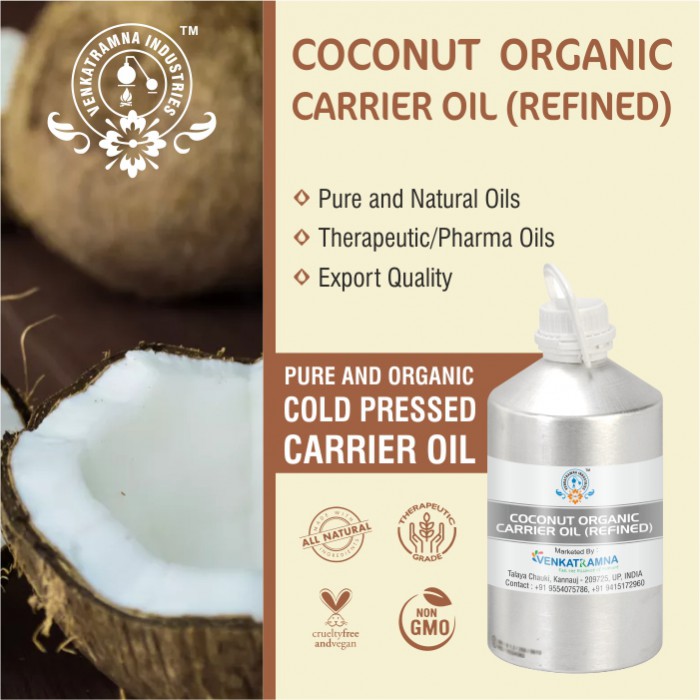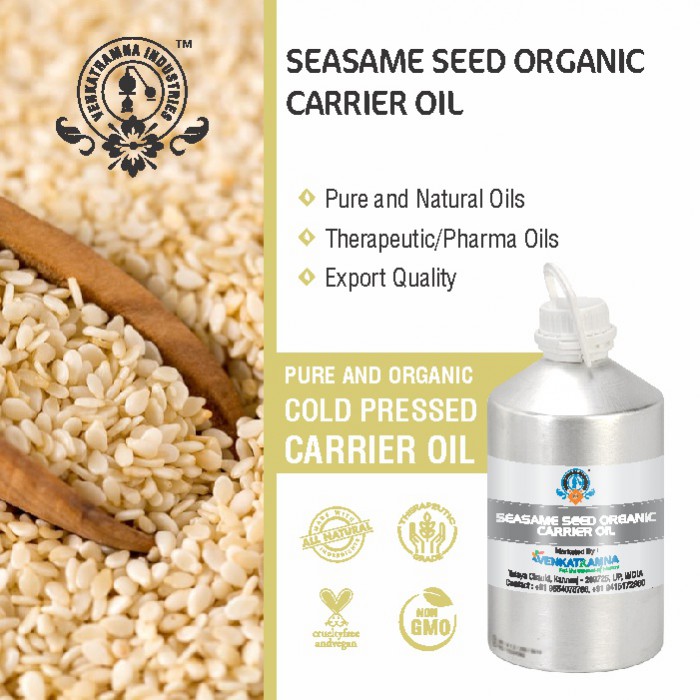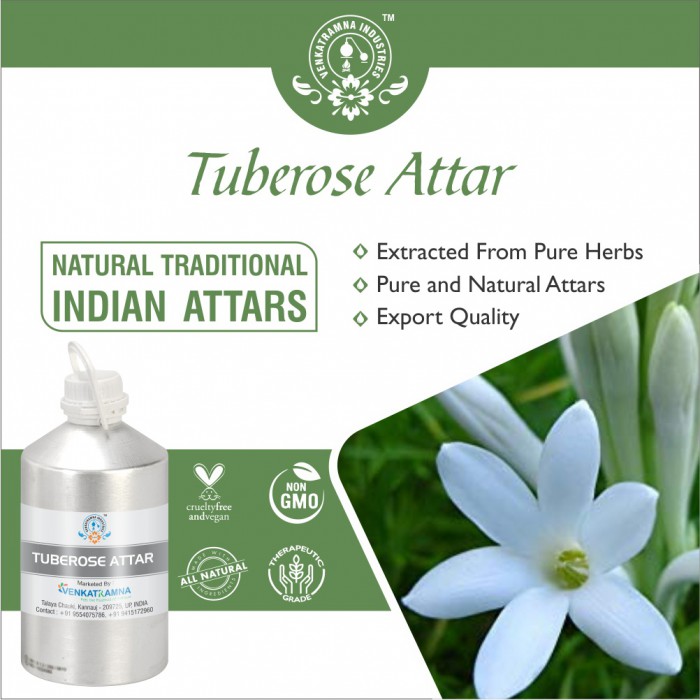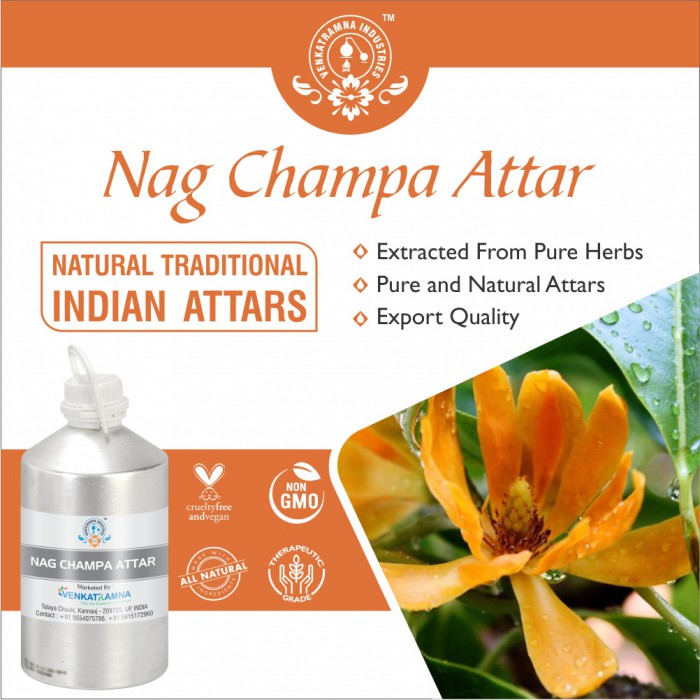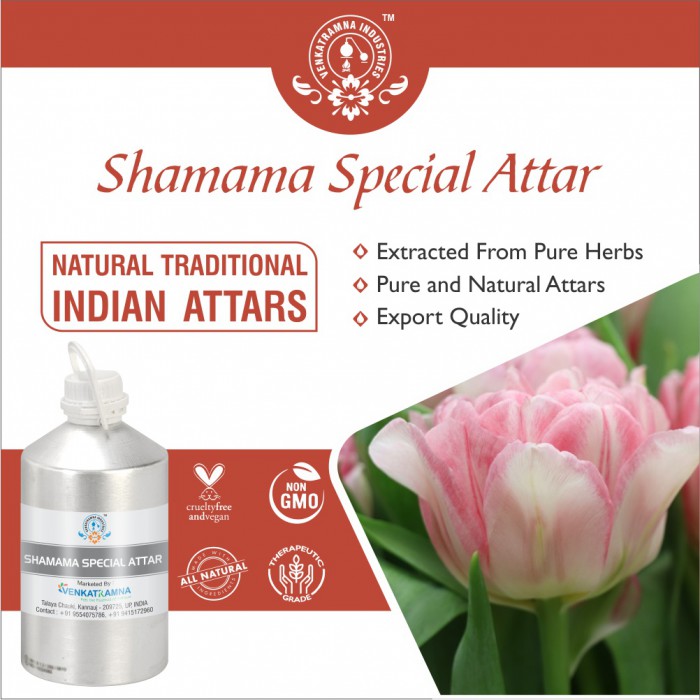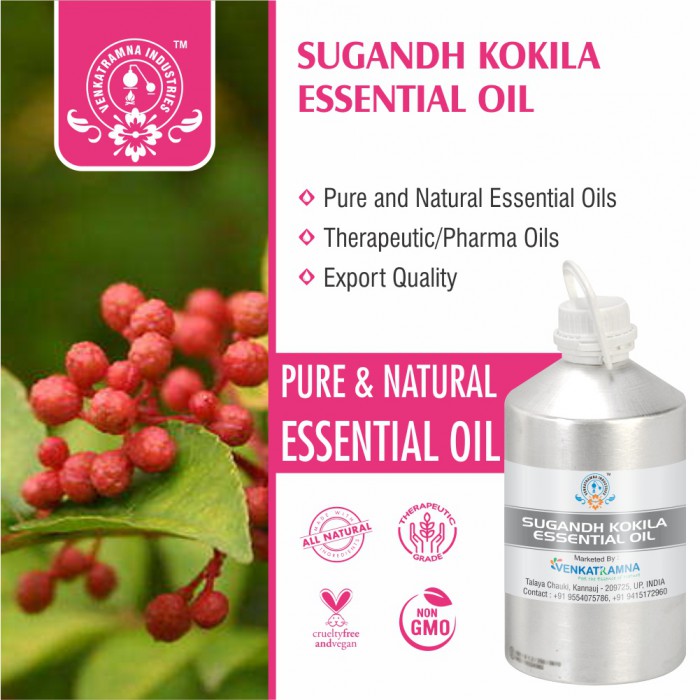Botanical Name: Myroxylon pereira Common name: Balsam Fir Plant Read More
|
Botanical Name: |
Myroxylon pereira |
|
Common name: |
Balsam
Fir |
|
Plant
family: |
Fabaceae |
|
Genus: |
Myroxylon |
|
Appearance/Color: |
Pale yellow to pale amber liquid with thin consistency |
|
Odor: |
Rich,
balsamic, sweet vanilla-like undertone |
|
Blends With: |
Black Pepper, Ginger, Jasmine, Lavender, Patchouli, Petitgrain,
Rose, Sandalwood, Ylang Ylang |
|
Origin: |
USA |
|
Source: |
Gum Resin |
|
Method
of Extraction: |
Solvent
Extraction |
Peru
balsam oil also known as black balsam, quina, tolu, Balsam fir oil, and
balsamo, comes from the balsam of Peru which is a resinous substance obtained
from the tree known as Myroxylon balsamum or Myroxylon pereirae.
This resin is oily in nature and smells like a mixture of clove, cinnamon and
vanilla. This is a unique aromatic combination of sweet and spicy.
Myroxylon genus was originally described in 1753 by
Linnaeus, such description was made using a specimen collected in the province
of Cartagena and named it as Toluifera balsamum. It was
established firstly by Linnaeus filius in 1781, when he described Myroxylon
peruiferum based on a specimen collected by Mutis in South America.
The crude gum resin collected from Myroxylon pereira is subjected to steam distillation to obtain the sweet spicy Peru Balsam oil which has multiple applications for its aroma.
DISCLAIMER
The complete range of conditions
or methods of use are beyond our control therefore we do not assume any
responsibility and expressly disclaim any liability for any use of this
product. Information contained herein is believed to be true and accurate however,
all statements or suggestions are made without warranty, expressed or implied,
regarding accuracy of the information, the hazards connected with the use of
the material or the results to be obtained from the use thereof. Compliance
with all applicable federal, state, and local laws and local regulations
remains the responsibility of the user.
The FDA has not evaluated the
statements on this website. No claims are made by Venkatramna Industries as to
the medicinal value of any products from vriaroma.com or by us. The information
presented here is for educating our customers about the traditional uses of
essential oils and is not intended to diagnose, treat, cure, or prevent any
disease. You are responsible for understanding the safe application of these products.
If you have any questions, please call or email us for further information.
As per NAHA guidelines, New Directions Aromatics
(NDA) does not recommend the ingestion of essential oils. It is imperative to
consult a medical practitioner before using Essential Oils for therapeutic
purposes. Pregnant and nursing women and those taking prescription drugs are
especially advised not to use this product without the medical advice of a
physician. The oil should always be stored in an area that is inaccessible to
children, especially those under the age of 7.
Balsam
oil is used in many products like food flavorings and in cosmetic products.
Balsam
of Peru also has some medicinal uses too. It is used in products and creams for
dry socket, hemorrhoids, toothache, dressings for wounds as it is a good
antiseptic, diaper rash ointment and in cough medicine.
The wonderful soft aroma has wide applications in perfumery industry and is a great combination for floral blends.
COMMON USAGE
·
Antiseptic
·
Cicatrisant
·
Deodorant
or Antiperspirant
·
Ant-inflammatory
·
Diuretic
·
Bronchitis
and Respiratory Conditions
·
Treats
Dandruff
·
Scabies
·
Stress
·
Sore
Muscles
Ingredients:
|
S.No |
Key Constituents |
Strength (%) |
|
1 |
Benzyl benzoate
|
59.0–86.2 |
|
2 |
(E)-Benzyl cinnamate |
0.4–30.1 |
|
3 |
Benzoic acid |
1.4–6.3 |
|
4 |
(E)-Cinnamic acid |
0–5.8 |
|
5 |
(E)-Nerolidol |
2.0–3.1 |
|
6 |
(E)-Methyl cinnamate tr |
1.7 |
|
7 |
Benzyl alcohol |
1.3–1.6 |
Safety
Summary
·
Hazardous:
Skin sensitization at moderate risk
·
Cautions: Hypersensitive,
diseased or damaged skin, children under 2 years of age.
·
Maximum
adult daily oral dose 372 mg
·
Maximum
dermal use level 0.4%.
A daily dosage of
oral maximum 372 mg, based on an oral limit of 5 mg/kg for benzyl alcohol,
benzyl benzoate and benzoic acid, which constitute up to 94% of the oil.
Organ Specific Effects
·
Reproductive toxicity: The reproductive toxicity data for benzyl
benzoate, benzyl alcohol benzoic acid and cinnamic acid do not suggest any
restriction in the use of Peru balsam oil in pregnancy.
Systemic
Effects
·
Acute
Toxicity: Acute oral LD50
in rats reported as 3.5 mL/kg and 2.36 mL/kg; acute dermal LD50 in rabbits
reported as>2.0 g/kg and>5.0 g/kg.
·
Skin
irritation: No information
·
Carcinogenic/anti carcinogenic potential: No data was found for Peru balsam oil, but it
contains no known carcinogens.
·
Germ cell mutagenicity:
no data available
·
Reproductive toxicity:
no data available
·
Respiratory and
skin sensitization: no data available
·
Aquatic
Toxicity: No data available
·
Bioaccumulation:
No data available
·
Mobility
in soil: No data available
·
Persistence
and degradability: No data available
·
PBT
and vPvB assessment: No data available
·
Other
adverse effects: No data available


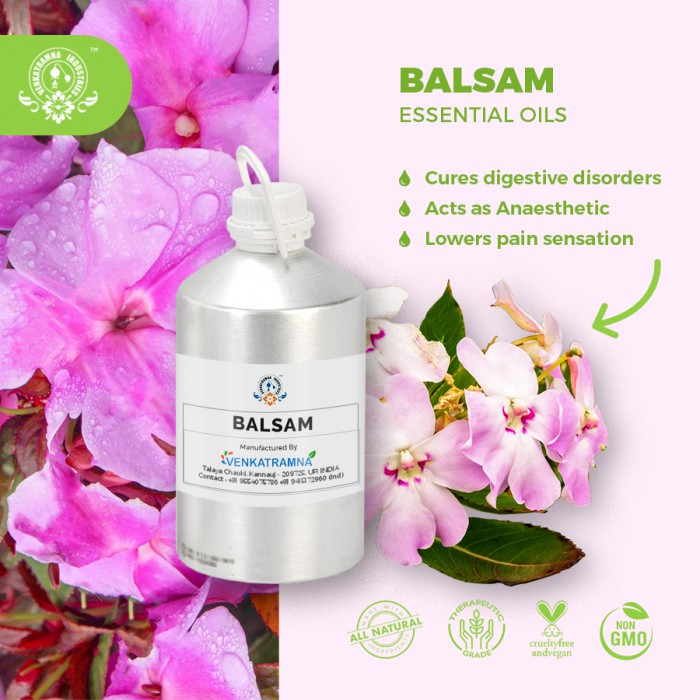

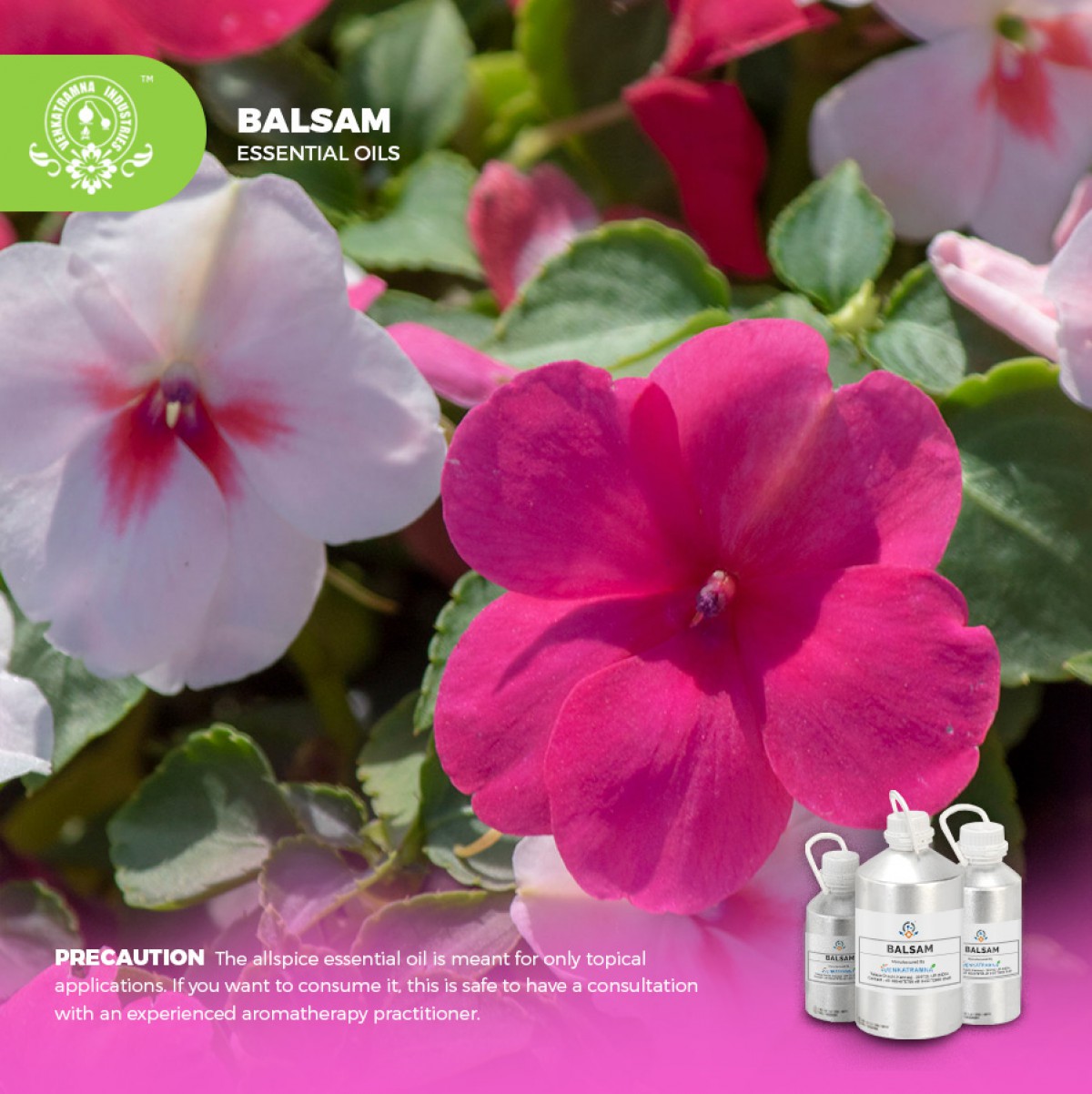
 MSDS-_Balsam1.pdf
MSDS-_Balsam1.pdf